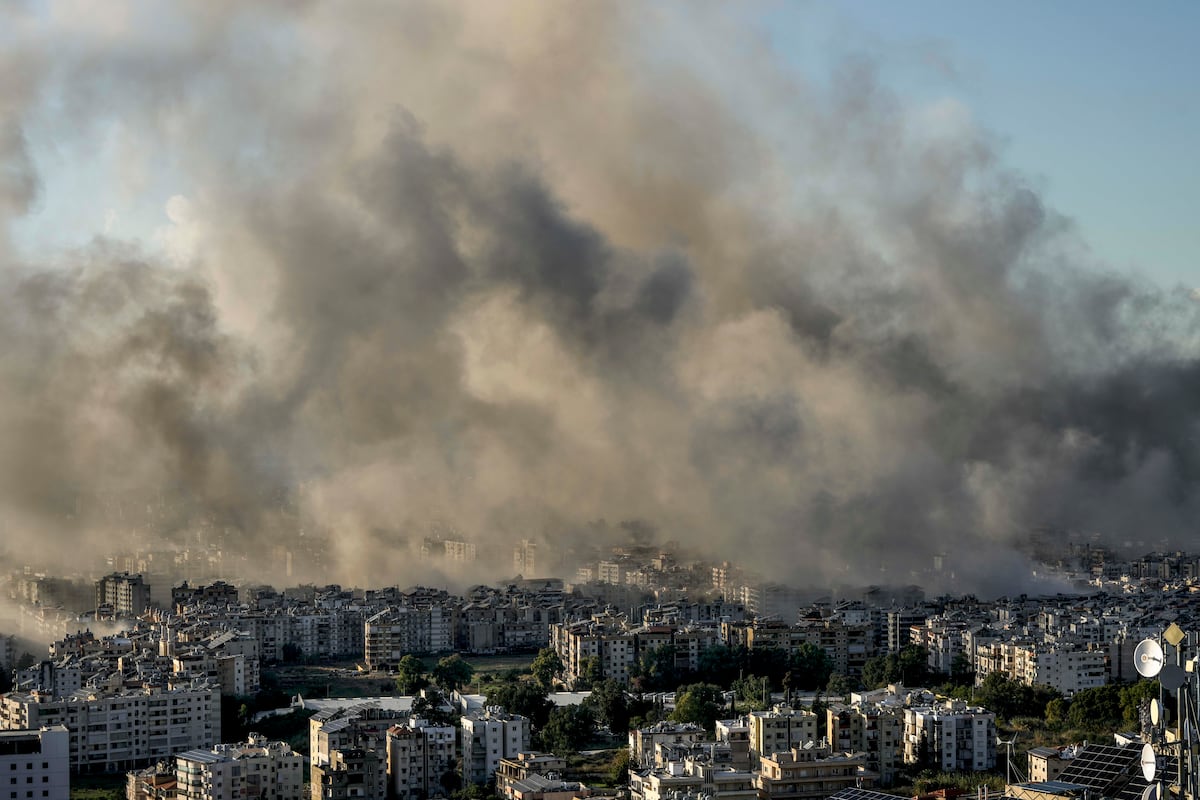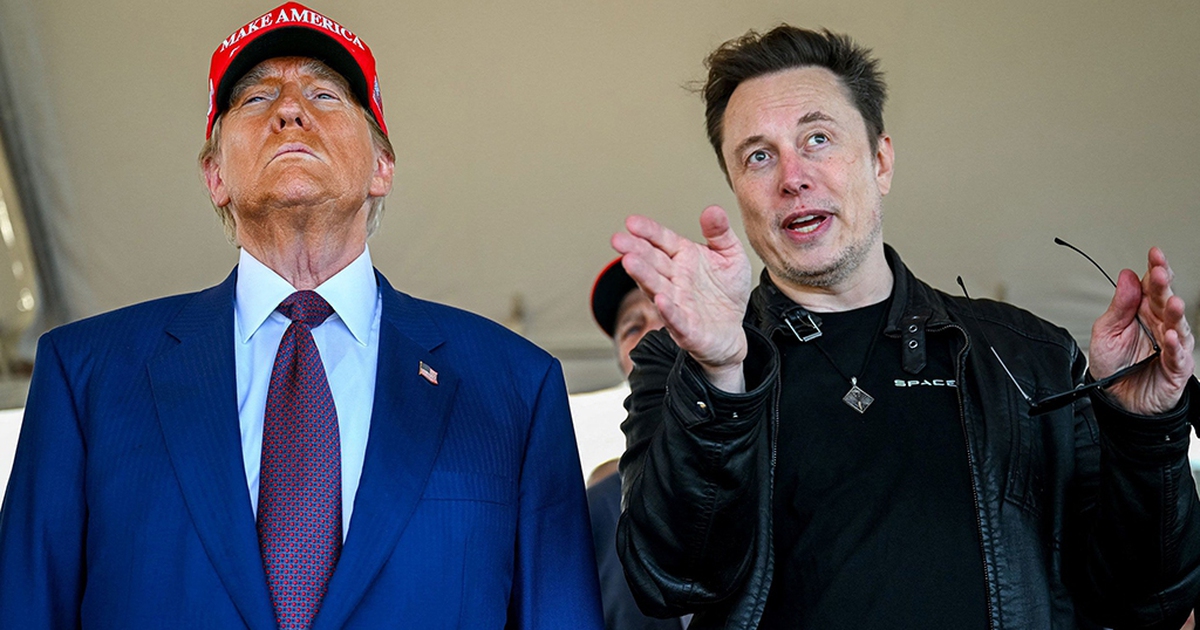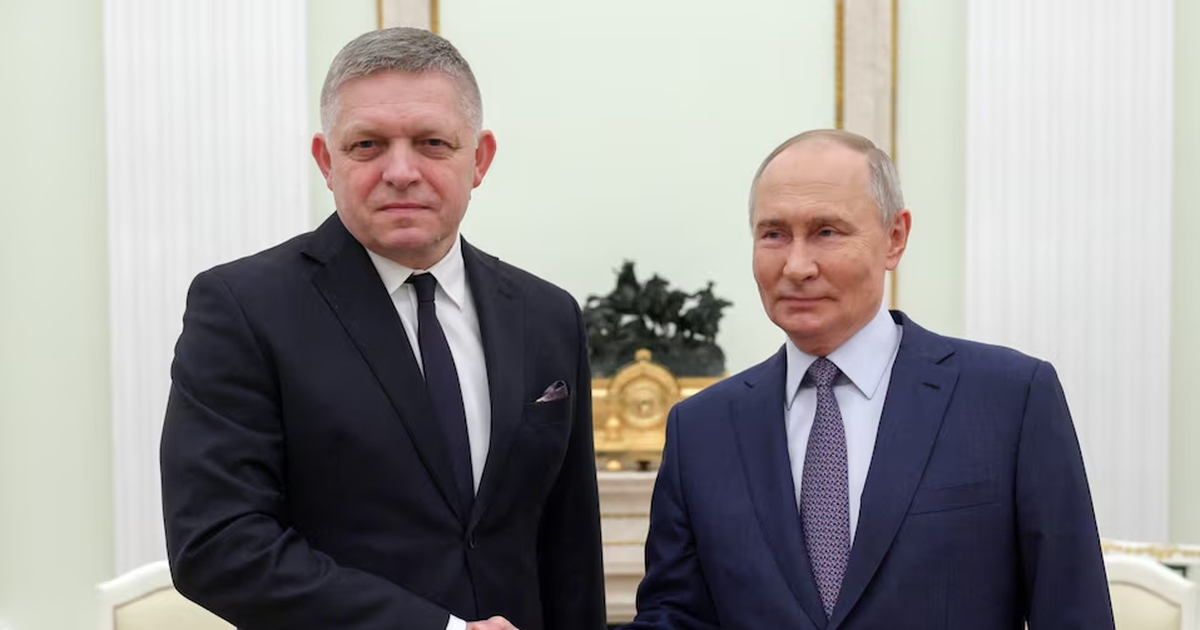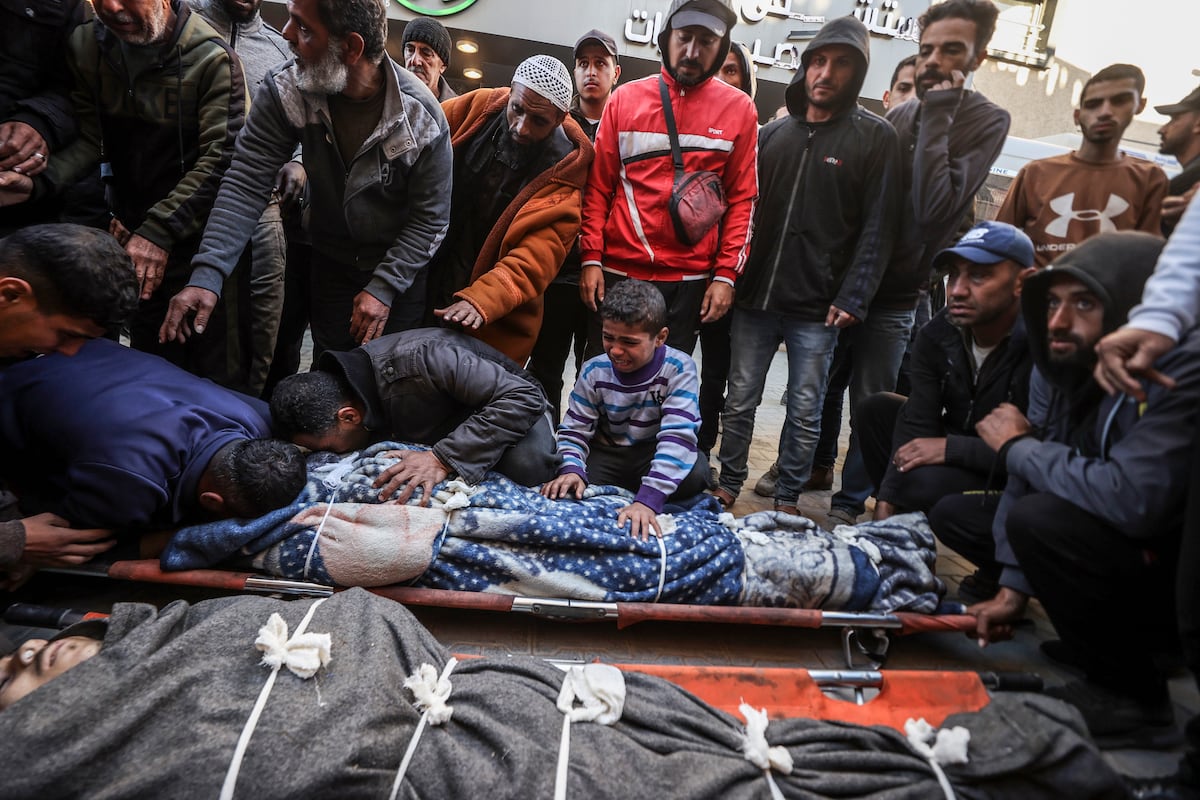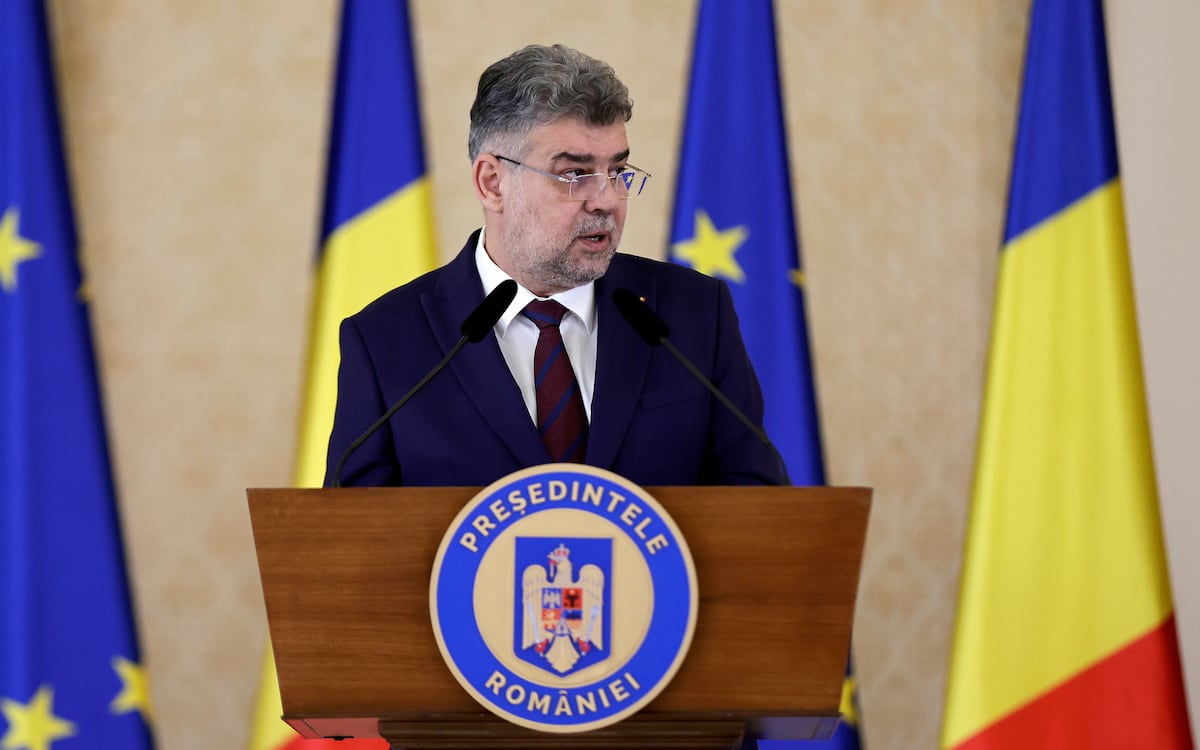The cessation of hostilities is always good news, but is the ceasefire between Israel and Lebanon the end of the war? That is what the Lebanese would like, who have been suffering for two months from indiscriminate bombings by the Israeli Army (almost 4,000 dead and 16,000 injured, most of them civilians; 1.2 million displaced in a country of 5.4 million, and thousands of homes destroyed ). It is also what the inhabitants of northern Israel would like, eager to return to the homes they abandoned due to Hezbollah’s rockets (which have killed fifty civilians since October 7 of last year). However, the circumstances in which it is achieved lead to fear that it is only a temporary patch while the underlying problem: Palestine is not resolved.
Neither Israel nor Hezbollah (the Lebanese pro-Iran militia that uses the Palestinian issue to incite it) have reached any understanding. Both reluctantly agree to stop attacking each other because the cost of maintaining the war outweighs the benefits. Hezbollah has suffered a bloody defeat both due to the penetration into its ranks of the Israeli secret services (explosion of search engines and walkie talkiesassassination of its main leaders), as well as the abandonment of its ally and godfather Iran. The Tehran regime has not come to the aid of what was presented as the “crown jewel” of the Iranian project in the Middle East, more focused as it is on its own survival. Furthermore, contrary to what both defended until now, it has accepted the separation between the Gaza and Lebanon fronts, a decision without which the fragile Government of Beirut would not have been able to accept the agreement.
The result is not a triumph for Israel either. Even the relatively moderate Benny Gantz believes they have only done “half the job.” If Prime Minister Benjamin Netanyahu and the supremacist extremists who support him have accepted the ceasefire, it is due to the overload that the Lebanese front was placing on the army, still busy destroying Gaza (and supporting the settlers in West Bank). In fact, some of them have hinted that it would be a two-month pause. It remains to be seen.
For now, the damage done to Lebanon (not just to Hezbollah and its sympathizers among the Shiite community) ensures renewed animosity and distrust toward its southern neighbor for years to come. In the absence of knowing the details and implementation of the deployment of the Lebanese Army south of the Litani River, as well as the role that the until now neglected UN Interposition Force (Unifil) will have, one can only hope that the ceasefire Let the Lebanese catch their breath. But it will be of little use until the international community assumes its responsibility and, in addition to helping to rebuild that country, confronts Israel with the need to recognize the right of Palestinians to live with dignity in their land. We are still very far from that.

